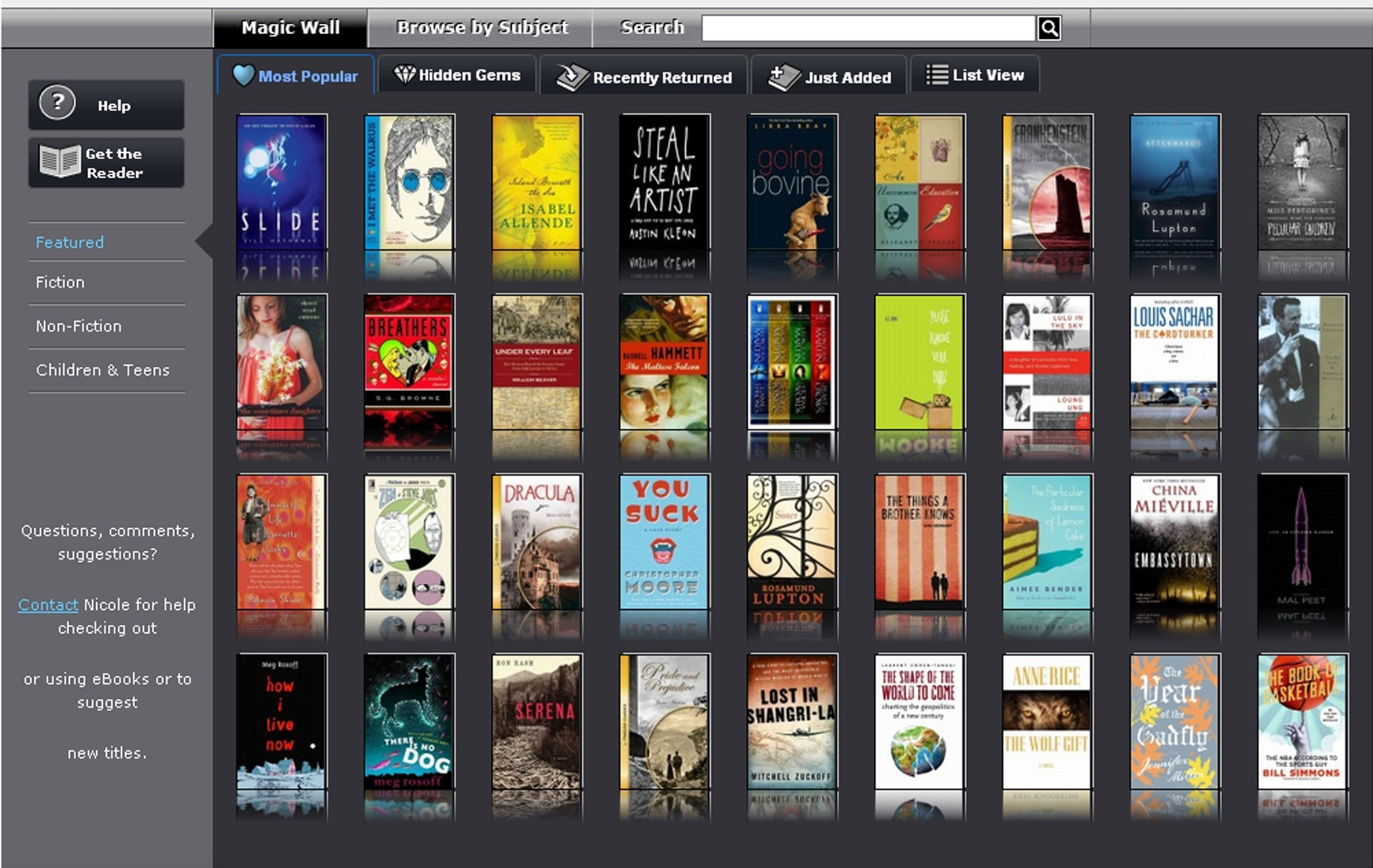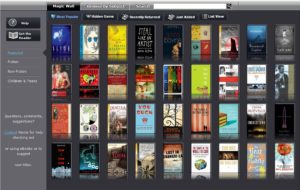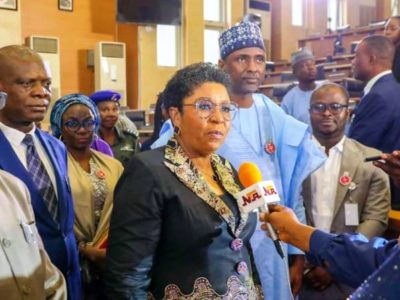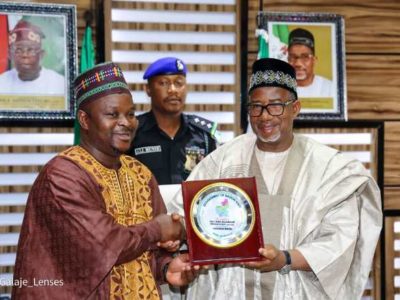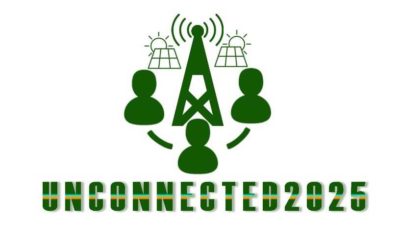An ambitious project designed to provide millions of Nigerian students access to a vast library of digital content has kicked off in the country. “The eGranary Digital Library – also known as The Internet in a Box – has been developed by a US-based non-profit called the WiderNet Project.”
The eGranary Digital Library functions round the Internet connectivity challenges of Africa’s most populous country of 180 million by bringing huge offline scholarly contents to a vast number of students.
Unlike conventional digital libraries that must depend on internet connectivity 24/7, the resource for the eGranary Digital Library has been developed for offline viewing. What this means is that large content of research and other educational materials may be viewed readily by millions of students potentially putting them at par with their contemporaries elsewhere privileged to have 24/7 internet links.
“It gives me up-to-date information unlike the normal library, where textbooks sometimes are outdated. It gives me an opportunity to access libraries not only in Nigeria but libraries outside,” Abubakar Mohammed, a final year law student at Ahmadu Bello University told Al Jazeera.
The eGranary Digital Library project puts millions of digital documents, including websites, multimedia and academic texts, on to a server in a school or university. This information is then available to local users at no cost, even when the internet goes down.
For Zainab Ismail, Islamic law student, the project means she no longer needs to visit the university book library. “[I find] anything I search for,” says Ismail. “It is fast and works even without a connection. It helps me a lot before and after classes”
Students are not the only ones to use the service, which is viewed as especially cost-effective at a time when funding for education has been cut. “Lecturers use it to update themselves, to conduct research, writing journals and their projects,” says Ibrahim Barkindo, a teacher at Ahmadu Bello University.
“Sometimes we read on screen; sometimes we save some of the pages and print them for later use.”
Other academics are proving slow to adopt the new technology, preferring the traditional library for their research. “There are some categories of scholars that are really not too comfortable or not technology-savvy,” Abdullahi Musa Ibrahim, university librarian, says.
“Those scholars would rather touch the books, flip the pages and they feel much more comfortable.” The eGranary project also lets readers upload and edit local material, allowing them to create and edit their own websites, which are stored locally.
The founders are also working in expanding access by putting the library onto a small chip. This will allow it to be taken anywhere and is likely to further boost its popularity.
Pre-edited material source: Al Jazeera

